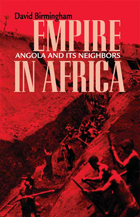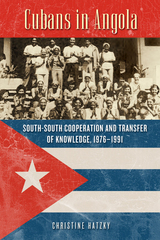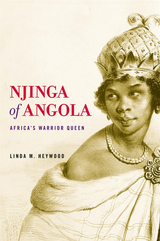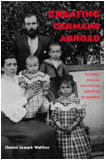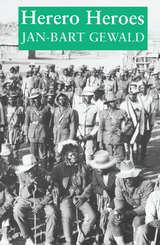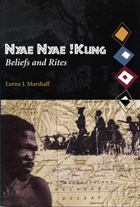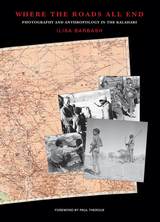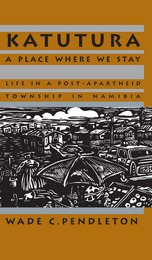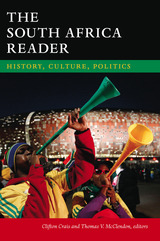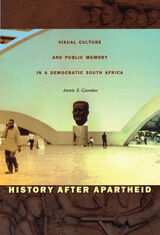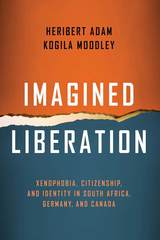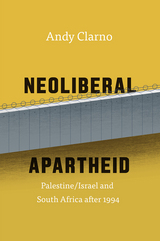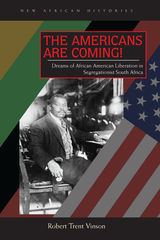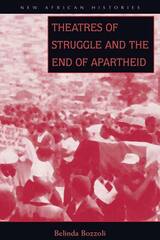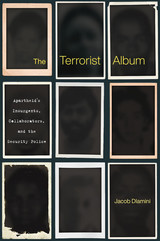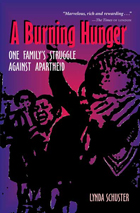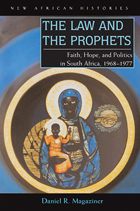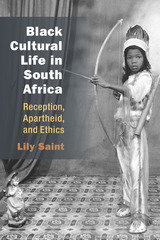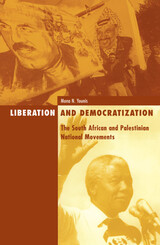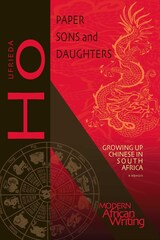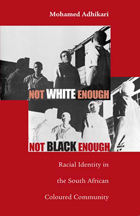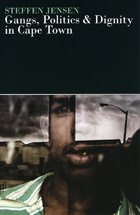Race And Reconciliation: Essays From The New South Africa
University of Minnesota Press, 2003
Cloth: 978-0-8166-4107-9 | Paper: 978-0-8166-4108-6
Library of Congress Classification DT1756.H477 2003
Dewey Decimal Classification 305.800968
Cloth: 978-0-8166-4107-9 | Paper: 978-0-8166-4108-6
Library of Congress Classification DT1756.H477 2003
Dewey Decimal Classification 305.800968
ABOUT THIS BOOK | TOC
ABOUT THIS BOOK
A meditation on the lessons to be learned from South Africa's transformation in the wake of apartheid.
Justice, truth, and identity; race, society, and law--all come into dramatic play as South Africa makes the tumultuous transition to a post-apartheid democracy. Seeking the timeless through the timely and trying to find the deeper meaning in the sweep of events, Daniel Herwitz brings the vast resources of the philosophical essay to bear on the new realities of post-apartheid South Africa--from racial identity to truth commissions, from architecture to film and television.
A public intellectual's reflections on public life, Herwitz's essays question how the new South Africa has constructed its concepts of reconciliation and return and how its historical emergence has meant a rethinking, reimagining, reexperiencing, relabeling, and repoliticizing of race. Herwitz's purpose is to give a philosophical reading of society--a society already relying on implicitly philosophical concepts in its social and political agendas. Working through these concepts, testing their relevance for reading society, his book itself becomes a part of the politics of definition and description in the new South Africa.
Daniel Herwitz is director of the Institute for the Humanities, University of Michigan, and holds professorships in art and philosophy at the School for Art and Design. He taught at the University of Natal in South Africa from 1996 to 2002.
Justice, truth, and identity; race, society, and law--all come into dramatic play as South Africa makes the tumultuous transition to a post-apartheid democracy. Seeking the timeless through the timely and trying to find the deeper meaning in the sweep of events, Daniel Herwitz brings the vast resources of the philosophical essay to bear on the new realities of post-apartheid South Africa--from racial identity to truth commissions, from architecture to film and television.
A public intellectual's reflections on public life, Herwitz's essays question how the new South Africa has constructed its concepts of reconciliation and return and how its historical emergence has meant a rethinking, reimagining, reexperiencing, relabeling, and repoliticizing of race. Herwitz's purpose is to give a philosophical reading of society--a society already relying on implicitly philosophical concepts in its social and political agendas. Working through these concepts, testing their relevance for reading society, his book itself becomes a part of the politics of definition and description in the new South Africa.
Daniel Herwitz is director of the Institute for the Humanities, University of Michigan, and holds professorships in art and philosophy at the School for Art and Design. He taught at the University of Natal in South Africa from 1996 to 2002.
See other books on: 1994- | Comparative Politics | Minority Studies | Reconciliation | South Africa
See other titles from University of Minnesota Press

